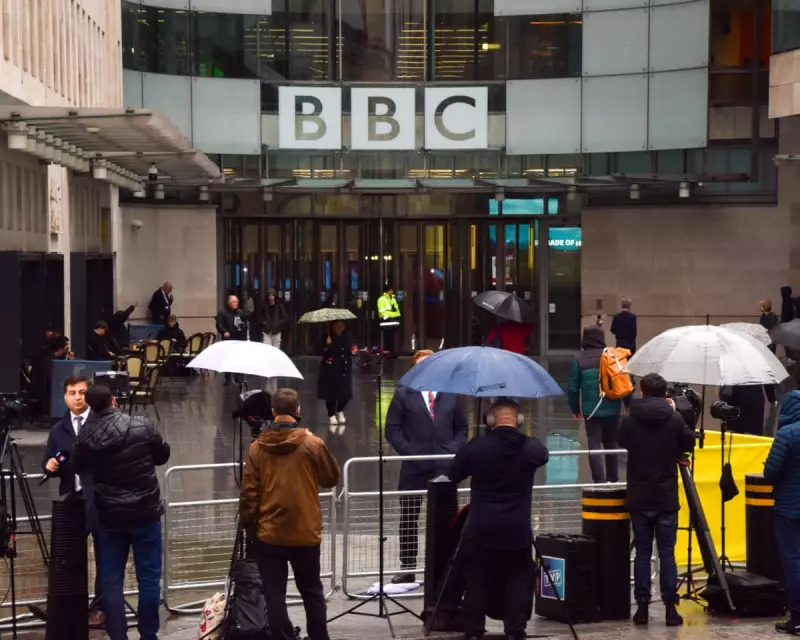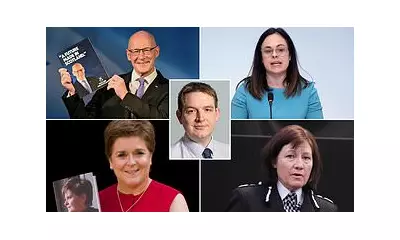
The BBC is navigating one of the most turbulent periods in its history, grappling with a leadership vacuum, a threatened billion-dollar lawsuit from Donald Trump, and intense political pressure over its funding and editorial standards.
A Corporation in Crisis
The broadcaster's chair, Samir Shah, has been forced into a defensive posture as the organisation reels from the resignations of both Director General Tim Davie and CEO of News Deborah Turness. These high-profile departures followed a sustained campaign from right-wing critics, who have repeatedly accused the corporation of bias. The situation presents an image of an institution under siege rather than one in confident control of its destiny.
Compounding the crisis, the BBC's income has been slashed by more than 30% in a decade, creating significant financial strain. Despite this, it continues to deliver value, breaking viewing records with programmes like The Celebrity Traitors. However, the strategic failure to clearly articulate its civic mission has left it vulnerable in the face of competition from US tech giants that prioritise monetising outrage over reporting truth.
The Battle for Impartiality and Funding
The recent controversy over the editing of a Donald Trump speech for Panorama is merely a symptom of a much deeper conflict. The core struggle is over the very definition of impartiality and who holds the authority to decide it. For traditional journalists, impartiality is rooted in a balance of verifiable facts and sourced evidence. For the populist right, it often mirrors a Fox News-style 'both-sidesism'.
This ideological battle has direct consequences for the BBC's future. The licence fee, the cornerstone of its funding, lacks a clear government commitment beyond 2027. The Labour party's refusal to confirm its security has invited commercial lobbying for a 'mixed' funding model. The potential demise of the licence fee would fundamentally alter the BBC's character, transforming it from a public service into a market player and signalling the end of the institution as the nation knows it.
National Sovereignty and the Threat from Abroad
The corporation's vulnerability is heightened by its current leaderless state and an inexperienced board. The board's editorial oversight is entrusted to Tory Sir Robbie Gibb, a figure whose neutrality on UK politics and Israel is widely questioned. Into this power vacuum steps Donald Trump with his threatened $1 billion lawsuit, a direct export of his 'fake news' crusade aimed at intimidating a globally respected news organisation, much as he has done with segments of the American press.
This moment calls for a robust defence of the BBC's editorial freedom. Rather than remaining silent to avoid offending a potential future Trump White House, Sir Keir Starmer and the Labour party are being urged to recognise that media independence is a matter of national security. The campaign against the BBC is not merely about a poorly edited segment; it is an assault on democratic infrastructure. The central question now is whether Britain possesses the will to defend its power to tell the truth.





